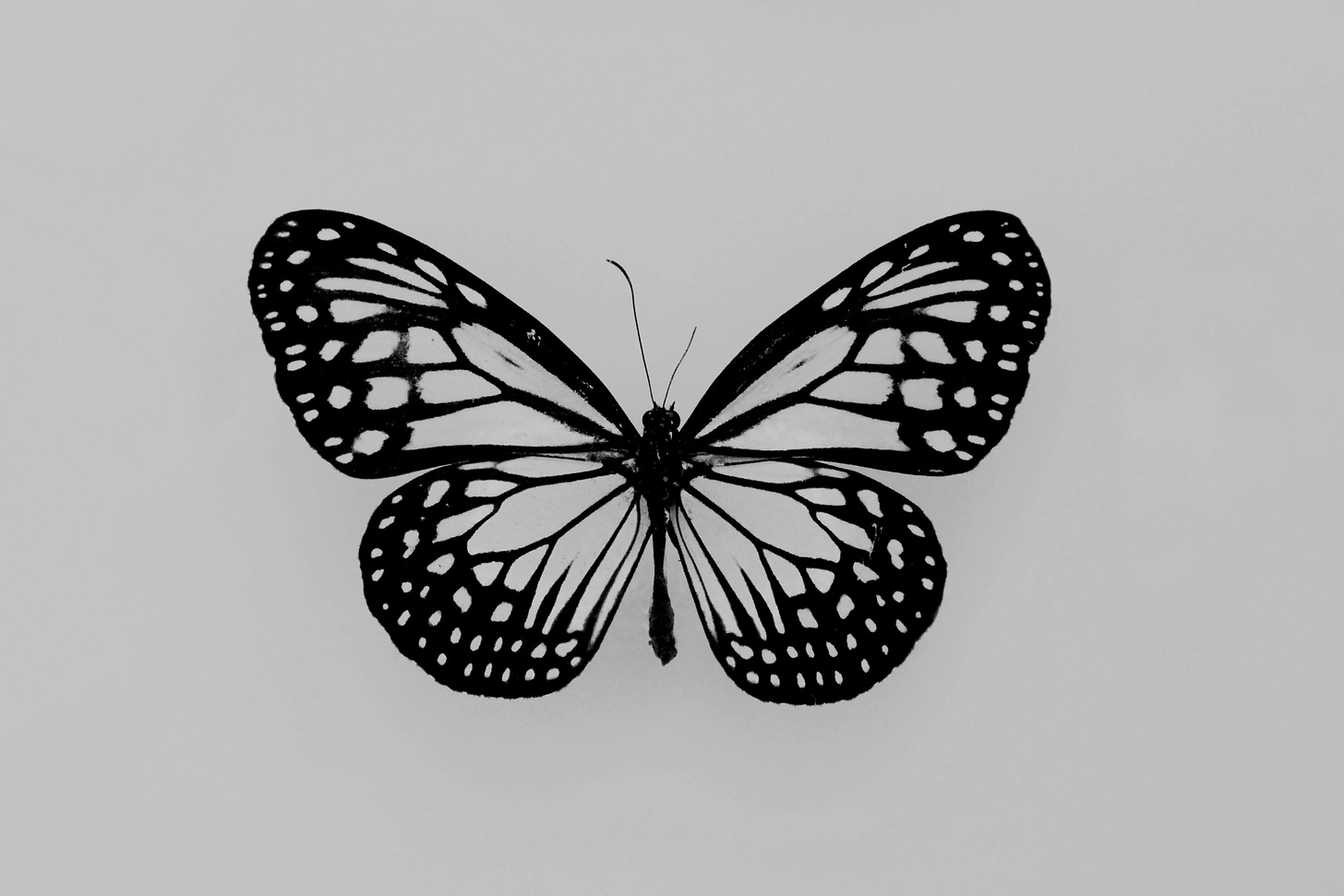Graduating. Changing careers. Moving to a new city. Becoming a parent. Coming out. Change is inevitable: it’s always happening, even if we don’t notice it.
When we look retrospectively at our lives, we realize that our identities and circumstances were constantly in transition. The details of our existence are always reconfiguring themselves—sometimes in noticeably loud ways and other times more subtly.
Since high school, I’ve had a navy-blue t-shirt with the design of crimson sun half perched over ocean waves, reflecting the ambient colors of the sky. It doesn’t fit my body or my style well anymore, but I love this shirt. I interpret its design as a symbol of my life and all the transitions that I have experienced.
The sun has risen, and the sun has set, but most of the time, I can never quite discern whether I’m looking at the sunset, the sunrise, or both simultaneously. The sun may be setting on this friendship but rising on this career opportunity. It may be setting on this lifelong dream but rising on this new creative outlet.
Transformation is essential to the experience of being human. Nothing is static: all of life is flexible and dynamic and endlessly rewriting itself. In essence, transition is the bedrock of our human experience.
The problem with all this transformation is that while there are distinct ending and beginning moments that serve as concrete milestones in our biographies, we usually don’t know what is happening in the present moment.
We can only see these boundary markers in hindsight. Most of our lives are spent existentially confused, stuck like the sun on my shirt in a suspended state somewhere between coming and going.
I had hoped this feeling of being in-between would resolve after I left high school and then when I graduated from undergrad and then when I got married. Instead, I kept changing, kept transitioning, kept surprising myself.
Over time, I’ve recognized that this uneasy experience of transition is the end goal of existence. Our relationships, our careers, our art, our interests, our personalities, our identities, and our faith never stop evolving.
Many of us have no clue what we’re doing or what change is coming around the corner. But isn’t that good news? If we feel lost, that’s a sign that we have ventured into new territory. That type of growth should be celebrated, not condemned.
If your faith is changing, rest assured that is what faith does. This is all very normal. Growth is not a crisis: it’s a sign of life.
Author’s note: This post was published on Meusebach-Comanche Treaty land. I am grateful to live, work, and study on the traditional territories of the Nʉmʉnʉʉ Sookobitʉ (Comanche), Tonkawa, Jumanos, and Ndé Kónitsąąíí Gokíyaa (Lipan Apache) peoples.




